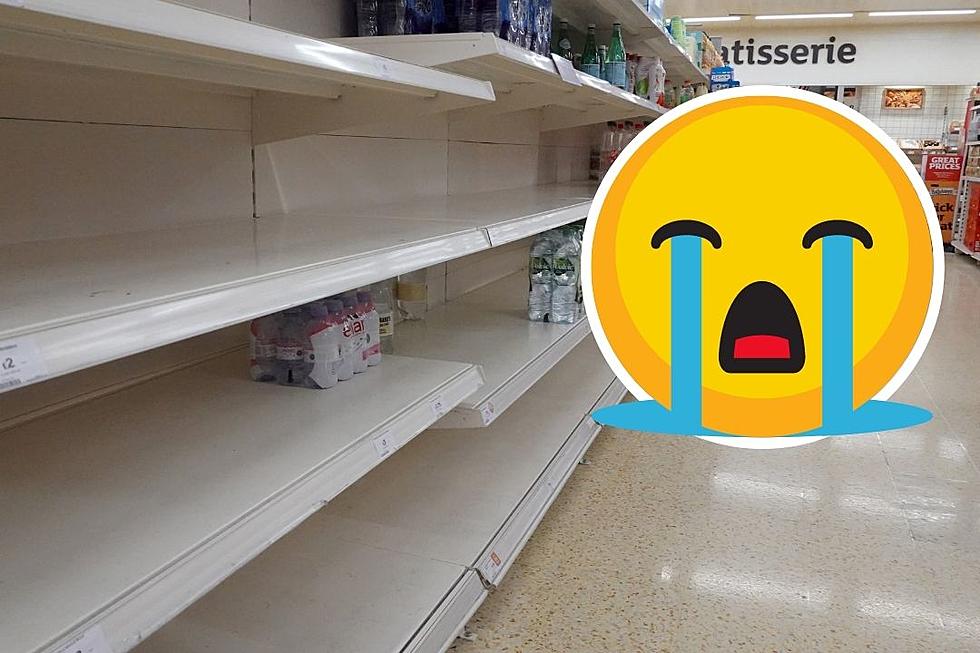
Noticing These Grocery Items Missing From Shelves? Here’s Why!
Grocery store shortages are back, and this time, we can point fingers at supply chain disruptions, omicron and winter storms.
Grocery store chains nationwide are looking bleak as shelves remain empty, stocks run low and shoppers fruitlessly probe the aisles for their favorite products.
These dwindling stocks give us flashbacks to 2020, when toilet paper seemed impossible to find, but the reasons behind recent shortages extend far past buyers' panic.
If you can’t find your go-to items at your local grocery store, here’s why:
“Shortages depend on the item, store and region of the country,” Curt Covington, senior director of institutional credit at AgAmerica, told USA TODAY. “Shortages can be driven by supply chain issues, consumer behavior, or environmental factors, so it’s hard to pinpoint what will be affected next.”
We are witnessing the perfect storm, literally, as continued weather-related events affect shipping and exports; supply chains become strained; and pandemic-era purchasing trends are exacerbated by omicron.
According to USA TODAY, a recent study by KPMG found that 71 percent of grocery consumers are somewhat or very concerned about shortages, with 35 percent of consumers switching brands when their favorite items are out of stock.
So, what are grocery stores running short on?
Here are the grocery products you might have trouble finding on shelves right now:
- canned hoods
- turkey
- chicken tenders
- produce
- milk
- cream cheese
- garbage bags
- pasta
- spices
- Pepto Bismol
- cold medicine
- Greek yogurt
- ramen noodles
- juice
- baby formula
- aluminum foil
- pet food
- Lunchables
- toilet paper
- alcohol
Whatever you do, 2022, please don’t take away our Toaster Strudel!
What items are you missing at your grocery store? Let us know on Twitter at @PopCrush.
Iconic Retail Stores That Don’t Exist Anymore
More From 97 ZOK










